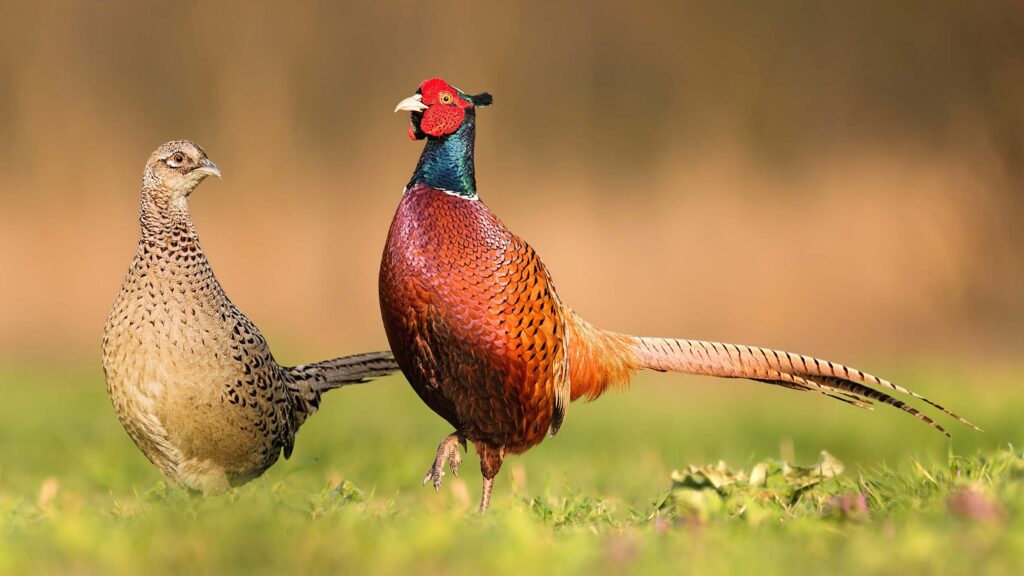Bird flu strikes pheasant shoot in Somerset
 © Adobe Stock
© Adobe Stock A game shoot site in Somerset has been struck by avian influenza with about 2,500 nine-week-old pheasants affected.
The outbreak near Winsford in the Exmoor National Park was confirmed as H5N1 highly pathogenic avian influenza by Defra on Monday (28 July), and a 3km protection zone and 10km surveillance zone put in place around the premises.
See also: Bird flu vaccination trial recommended by task force
The outbreak coincides with the gamebird release season, when keepers are opening their pens to let the birds wander freely.
It is understood, however, that the birds at the Somerset site are still being fed and watered daily inside the pen and have not been let out.
They are therefore classed as kept poultry rather than wild birds and will be culled.
About 500 birds are believed to have died already and a third of the remaining birds are lethargic and have neurological clinical signs.
Commenting on the latest outbreak, Dr Roger Draycott, director of advisory at the Game & Wildlife Conservation Trust, said: “This case highlights that it is crucial that game managers remain vigilant for signs of bird flu in their flocks and in wild birds and practice extremely high standards of biosecurity.”
Glynn Evans, the British Association for Shooting and Conservation’s head of game and wildlife management, said the introduction of disease control zones had serious implications for bird keepers within these areas.
“For the gamebird sector this includes a restriction which means no gamebirds can be released until the relevant zones are lifted,” he said.
Outlook concerning
With cases of H5N1 being confirmed over the summer, the British Free Range Egg Producers Association (Bfrepa) says the outlook for the coming bird flu season, which officially starts on 1 October, is a concern.
With ultraviolet light known to inactivate the avian influenza virus, its persistence throughout the summer months has added to the worries.
“Ten years ago, we had one case of avian influenza in the summer and that shook the system,” said Gary Ford, Bfrepa head of strategy and producer engagement.
“With the wild bird migration season ahead and seeing the cases here over the summer, it’s very concerning,” he added.
“Keepers must look at the disease as ever-present and maintain enhanced biosecurity measures all the time.
“Don’t let down your guard, even at this time of year,” he advised.
